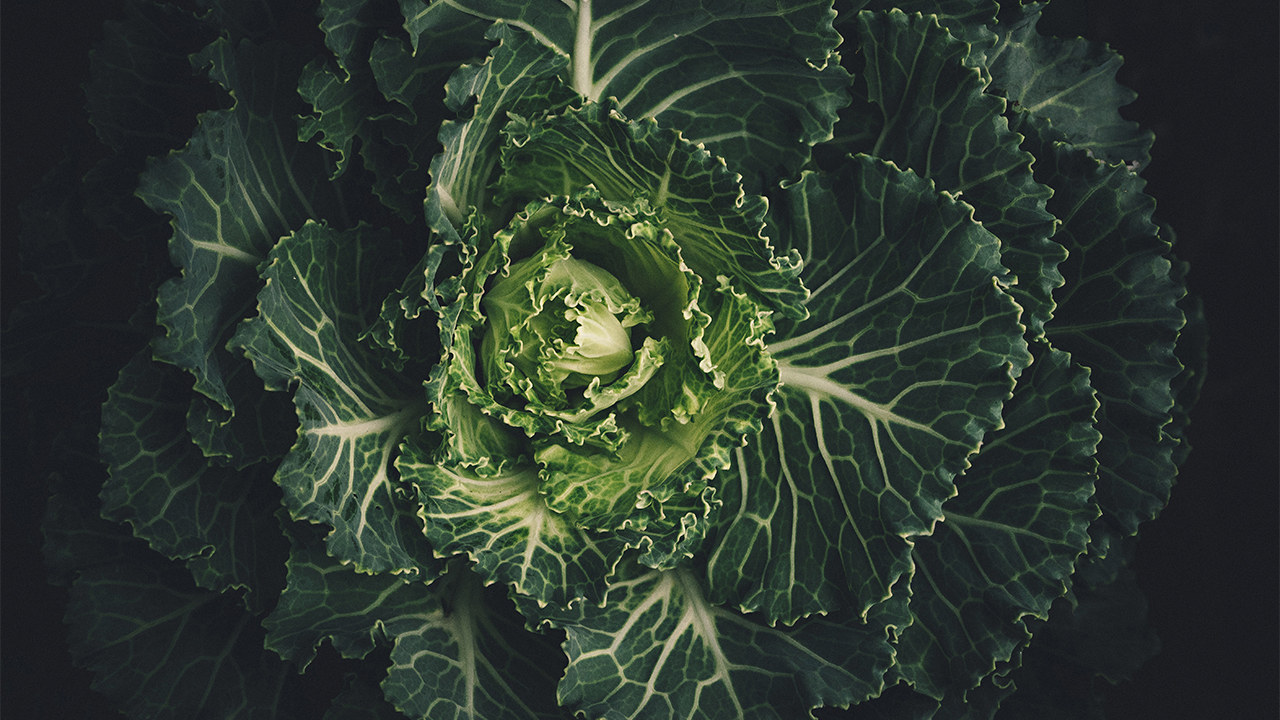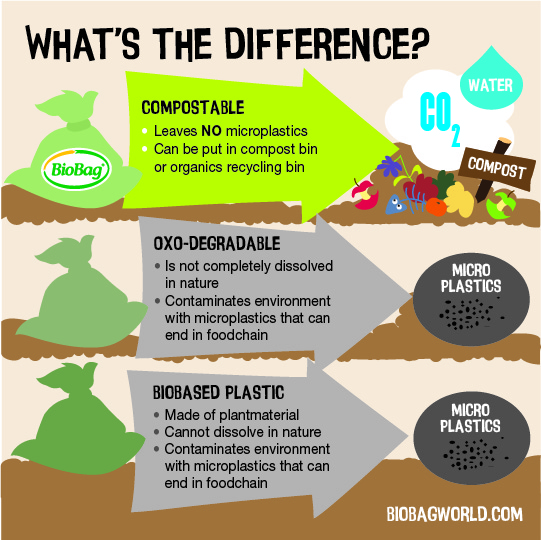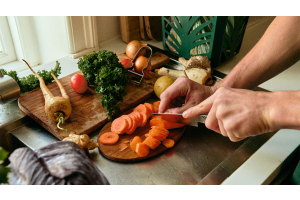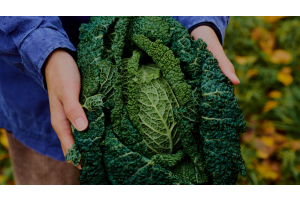Page 2 - Bioeconomy
-
Posted: January 12, 2021Read more »
Novamont has expanded considerably in the past decade, in particular through internal growth, by acquiring and regenerating obsolete industrial sites. This transaction will allow Novamont to further expand its compostable bioplastics business into Northern/Eastern Europe, North America and Australia. Biobag will continue to operate as an independent organization, with the same leadership team who has achieved excellent results over the past few years.
-
Posted: December 15, 2020Read more »
“Soil is not renewable and it takes more than 2000 years to form a 10 cm layer of soil. But our lives depend on the soil – all production of food begins in the soil and soil binds enormous quantities of CO2 that would otherwise be released into the atmosphere. But in spite of this, the UN’s Food and Agriculture Organisation assesses that 33% of the planet’s soil is degraded and damaged by chemical contamination, acidification, nutrient imbalance and more,” says Novamont CEO, Catia Bastioli.
“If everyone knew that soil fertility, which is the basis of our food supply, was not renewable it would be a lot easier to create a sense of individual and collective responsibility.” “The combined effects of climate change and an exhausted soil can, over the course of the next 30 years, reduce agricultural output by half in some drought-affected regions. Globally, we need much more organic material and a comprehensive separation of food waste and organic materials can help contribute to that,” says
-
Posted: June 10, 2019Read more »
Building the perfect compost pile
To build a healthy compost pile, you need a mix of "browns" and "greens." Browns include leaves, straw, and sawdust, which are rich in carbon. Greens include kitchen scraps, grass clippings, and manure, which are rich in nitrogen. Aim for roughly three parts browns to one-part greens.Maintaining moisture is equally important. Your compost pile should be as damp as a wrung-out sponge. If it's too dry, the decomposition slows down. If it’s too wet, it can start to smell bad. Turning the pile introduces oxygen, which speeds up decomposition. Regularly turning your pile, ideally twice a week, helps maintain the necessary conditions for rapid composting.
-
Posted: September 14, 2018Read more »
If we continue as we do today, then there can potentially be 12 billion tonnes of plastic ending up in the environment by 2050. The problem with non-biodegradable plastic is that plastic accumulates in the environment. Certified compostable and biodegradable plastic combats an accumulation of plastic.
It is fortunate that there are alternatives to conventional plastic bags. The green Biobags used in many large cities across Europe are one of these options. Biobag waste bags, sacks, and films are certified compostable and biodegradable according to the European Standard EN 13432, the US Standard ASTM D6400 and the Australian Standard AS473.
-
Posted: October 04, 2016Read more »
What is a circular economy?
A circular economy is a sustainable model that minimizes waste and maximizes resource use. Unlike the traditional linear economy of 'take, make, dispose,' it focuses on keeping products and materials in use and regenerating natural systems. Key principles include:
- Designing out waste: Creating products that can be easily disassembled and reused, reducing pollution from the start.
- Maintaining product use: Extending product lifespans through repair, refurbishment, and recycling.
- Regenerating natural systems: Supporting natural processes and using renewable resources.








